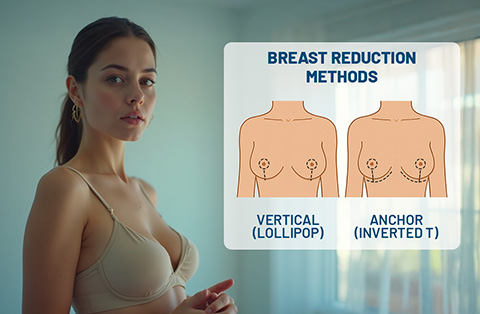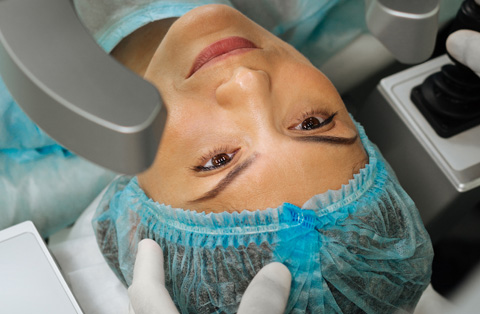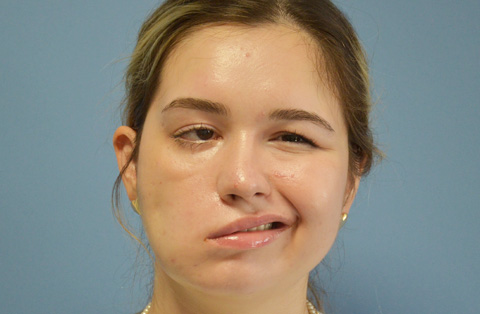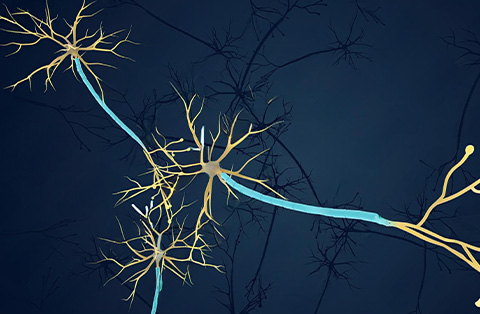Prof. Dr. Ethem Güneren is a member of the Board of Plastic and Reconstructive Surgeons (EBOPRAS), since 2003, of the Plastic Surgery Association since 2017, and one of the most reputed specialists in Turkey, author of 6 books, including a poetry collection, and more than 130 academic articles, 100 of them in English.Prof. Dr. Ethem completed his plastic surgery specialization and medical residence in 1998 after graduating from Istanbul University's Medical Department in 1987. He became an associate professor in 2004 and one of the first Turkish surgeons to complete the highly selective EBOPRAS examination in 2003.
Dr. Ethem is a regular speaker at medical conferences organized all over the world, in the US, Europe, Dubai and Turkey. With more than 25 years of experience, he is hosted as an authority figure in the latest plastic and reconstructive surgery topics.
Professor Güneren works as Head of Plastic Surgery for Care in Turkey as a practicing plastic surgeon.

Interview with:
Prof. Dr. Ethem Güneren
(Plastic Surgery in Care in Turkey)
Hello doctor and thank you very much for having me. Could you start by giving us a brief overview of your accomplishments?
Hello, my pleasure. Sure. In my 25 years of experience as a plastic and reconstructive surgeon, I have performed surgeries on approximately 2,000 patients in total. I have been 34 times to Africa as a volunteer plastic surgeon, traveling to rural areas in some of the most challenging cities and countries, treating patients with complex conditions free of charge: pro bono, volunteer, no profit. 6 times to the West Bank, 5 times to Gaza, 5 times to Yemen, 7 times to Sudan. I was sent by the Ministry of Health or by a Plastic Surgery Association, the Doctors Worldwide Association. That’s the reconstructive surgery part of my life. For the past 13 years I have lived in Istanbul, where I have worked as a full professor and practician of plastic surgery.
Amazing. Why did you decide to become a plastic surgeon?
I have always been a curious person, eager to learn and specifically interested in medicine. I followed that path and after completing my studies I had a 5-year hesitation, many years ago. I completed my military service and heard the call of reconstructive surgery. That’s when I began my specialization and my travels to Africa.
What is the best and worst experience you’ve had as a surgeon?
My best experience was in Africa, in Sudan. On the 3rd or 4th day of medical camp, the director of the hospital came to me and told me this story. The father of one of the children I operated on was in tears. The director asked him: “Why are you crying? We brought doctors from Turkey, your baby was operated yesterday for free, why are you crying?” The father replied: ‘If I am not crying, who should be crying? My son was 4 years old, he was operated on by Dr. Ethem yesterday, I had ever heard his voice for the first time in my life.
He was crying with joy.
My worst experience was a 4-year-old boy, victim of a fire accident. He died in my arms. In Samsun, 20 years ago. It was a very serious case. I tried to resuscitate him, defibrillated him, I tried to graft his skin, but 25 days after the incident, he died in my arms. Burning is a very devastating injury you know… especially in children.
I can not fathom… I suppose you have a family. How do you find the life-work balance?
During my residence period it was catastrophic. During my assistant professorship period was also the same, but when I became an associate professor and then full professor, in the last 20 years of my practice, I balanced my responsibility and did 50-50 teaching and practicing. Before that it was exhausting, very confusing. Night shifts, long operations, duties, reconstruction surgeries, that’s the fate of the surgeon.
What is the most rewarding thing you have heard from a patient?
Some patients have thanked me for saving their lives. Gangrene, diabetes, or saving them from a low knee amputation. Or cancer patients. Of course, you get very rewarding sentences with plastic surgery, but not of such kind. The most rewarding sentences come from life-saving operations.
What do you like the most about your job? And the least?
What I like the most is communicating with the patient, literally anyone can be a patient, at any age. The oldest patient I treated was a 104-year-old man with a lower lip carcinoma. The youngest patient was a few months old.
It was a baby with a cleft palate malformation. If left untreated, such children develop speaking problems and refuse to speak while growing up to avoid other kids’ laughter and adults looking at them weirdly. Surgery is necessary for them to reach their full potential in life.
So, what I like about my profession is that there is no age limitation. No gender differences. Plastic surgery is a technical area with an artistic approach, and it targets all parts of the body. Being a plastic surgeon can feel like having a unique super power. Being able to manipulate the body in a transformative way brings me satisfaction especially when it aligns with the patient's expectations.
What I like the least… There's a subject that is complicated for me: gender transition. Of course I respect every and any patient’s needs yet It is very difficult to know if it’s a final decision. Changes are irreversible. I prefer to avoid that. Am I wrong? I don’t know. But it’s a huge responsibility. It can have many psychological consequences. I prefer not to get involved.
While you’re operating, aren’t you afraid of making a wrong incision, a mistake?
Depends on what context you are asking honestly. Difficulty and responsibility are two different concepts. What I believe is that it’s not magic, it is not a special gift that comes to you when you are born. It’s training, training and more training with science and I can say I have trained since 1992. But of course we do not start with human bodies, it all starts with doing tests on plaster, dead animals then dead bodies.
Thing is training enough to make these actions part of our daily life, take musicians into account. They go in front of an audience and play, that’s their job and after 30 years they know all the chords and notes by heart, almost playing unconsciously.
I also believe a little stress is a good motivation for action, you need to have a little bit of stress to successfully complete what you do, otherwise we would be too relaxed. Knowing what you do is life changing in any way helps you to concentrate. Concentration and stress are two sides of the same coin.






